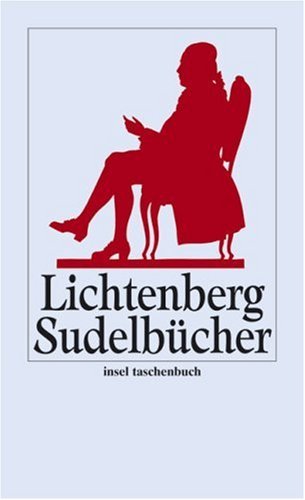What do you think?
Rate this book


683 pages, Paperback
First published January 1, 1799
"Tokom jednog putovanja, svratio sam da nešto pojedem u krčmi kraj puta, tačnije baraci u kojoj su se sakupljali kockari. Preko puta mene sedeo je mladić koji je dobro izgledao, ali je delovao pomalo bleskasto. Ne obraćajući pažnju na ljude, ni na one koji su sedeli, ni na one koji su stajali, jeo je svoju čorbu i to tako, što je svaki drugi ili treći put kad bi je zahvatio, sadržaj kašike bacao u vis i dočekao ga ponovo, a zatim mirno posrkao.
Ono po čemu se meni ovaj san čini posebnim jeste to što sam učinio uobičajenu primedbu: da takve stvari ne mogu biti izmišljene, da ih treba videti (hoću da kažem da nikada nijedan romansijer nije imao sličnu ideju), a ipak ja sam to smislio u trenutku.
Za stolom, za kojim su se igrale karte, sedela je i štrikala jedna visoka, mršava žena. Pitao sam je šta može da se osvoji. Rekla je: ništa! A kad sam je pitao šta može da se izgubi, opet je odgovor bio: ništa ! Ta igra činila mi se veoma važnom. "